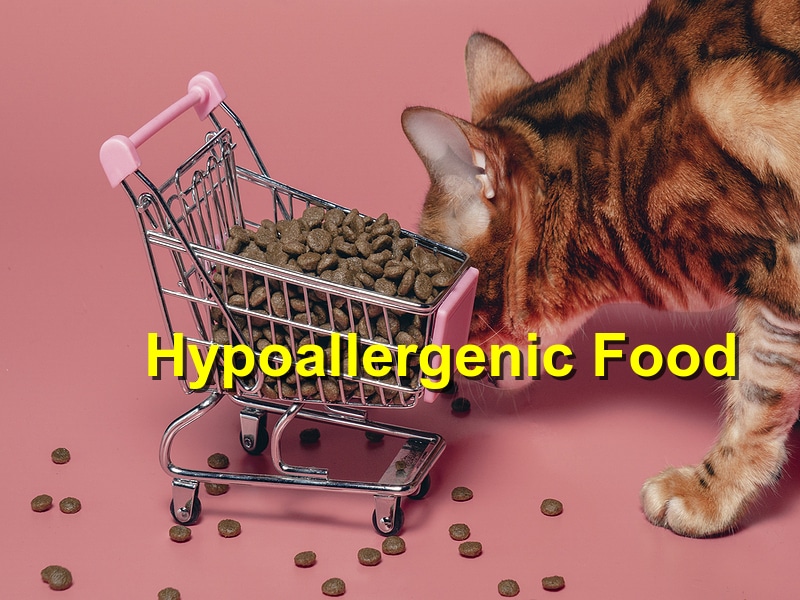The Benefits of a Hypoallergenic Diet for Your Pet

If your pet suffers from allergies, digestive issues, or skin problems, a hypoallergenic diet can be a game-changer. Hypoallergenic pet food is specially formulated to reduce allergens and provide numerous health benefits. Here's why a hypoallergenic diet may be beneficial for your furry friend:
- Allergy Management: Hypoallergenic diets are designed to minimize common allergens, making them ideal for pets with food sensitivities and allergies. They help address itching, gastrointestinal problems, and skin issues.
- Improved Digestion: These diets often contain easily digestible ingredients, reducing the strain on your pet's digestive system. This can lead to less gas, bloating, and diarrhea.
- Enhanced Skin Health: Skin problems in pets, such as itching, redness, and hot spots, can be alleviated with hypoallergenic diets. They typically contain ingredients that promote healthier skin and a shinier coat.
- Reduced Itchiness: Pets with allergies often experience intense itching. Hypoallergenic diets can help reduce this discomfort, leading to a happier and more comfortable pet.
- Limited Ingredient Lists: Hypoallergenic diets usually have simplified ingredient lists, making it easier to identify and eliminate specific allergens. This is especially beneficial for diagnosing and managing food allergies.
- Weight Management: Some hypoallergenic diets are tailored for weight management. Maintaining a healthy weight can alleviate stress on joints and reduce the risk of obesity-related health issues.
- Fewer Allergy Symptoms: By minimizing allergens, these diets can help reduce allergy symptoms in both dogs and cats. This includes respiratory issues, such as sneezing and wheezing.
- Better Nutrient Absorption: Pets on hypoallergenic diets often experience improved nutrient absorption, leading to better overall health and vitality.
- Food Sensitivity Management: Hypoallergenic diets are effective for managing food sensitivities, such as gluten or dairy intolerance, which can lead to digestive problems.
- Balanced Nutrition: High-quality hypoallergenic diets provide balanced and complete nutrition for pets, ensuring they receive all the essential nutrients they need.
- Inflammatory Bowel Disease (IBD) Management: Pets with IBD can benefit from hypoallergenic diets, as these diets are less likely to trigger inflammation and exacerbate the condition.
- Limited Exposure to Allergens: Reducing allergen exposure can be beneficial for pet owners with allergies. Hypoallergenic diets help minimize allergens in your pet's environment.
- Healthy Aging: These diets can promote better health as pets age, addressing issues like arthritis and cognitive decline. A healthy diet can enhance your pet's overall well-being.
- Better Quality of Life: Ultimately, a hypoallergenic diet can improve your pet's quality of life by addressing and preventing allergic reactions and promoting overall health.
Before transitioning your pet to a hypoallergenic diet, it's essential to consult with your veterinarian. They can help diagnose food allergies and recommend the most suitable diet for your pet's specific needs. A hypoallergenic diet can be a transformative step in enhancing your pet's health and happiness.
References: Edmondson, PetCubes
https://braseltonervet.com/?p=3975
Comments
Post a Comment